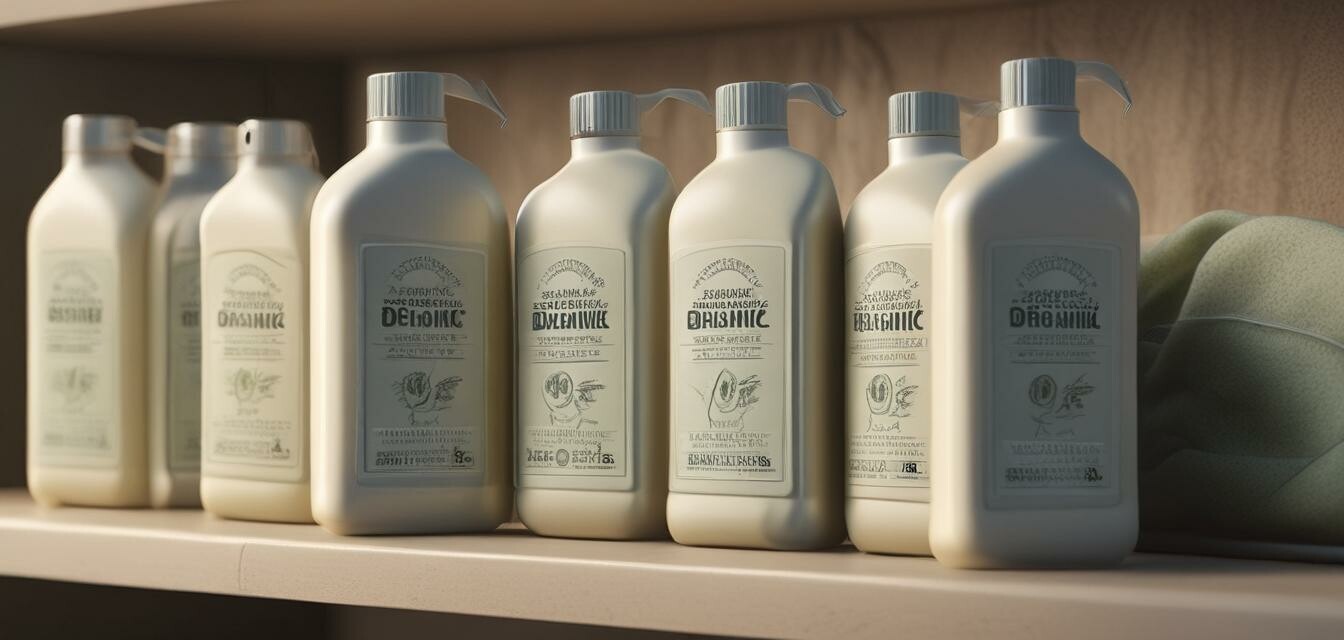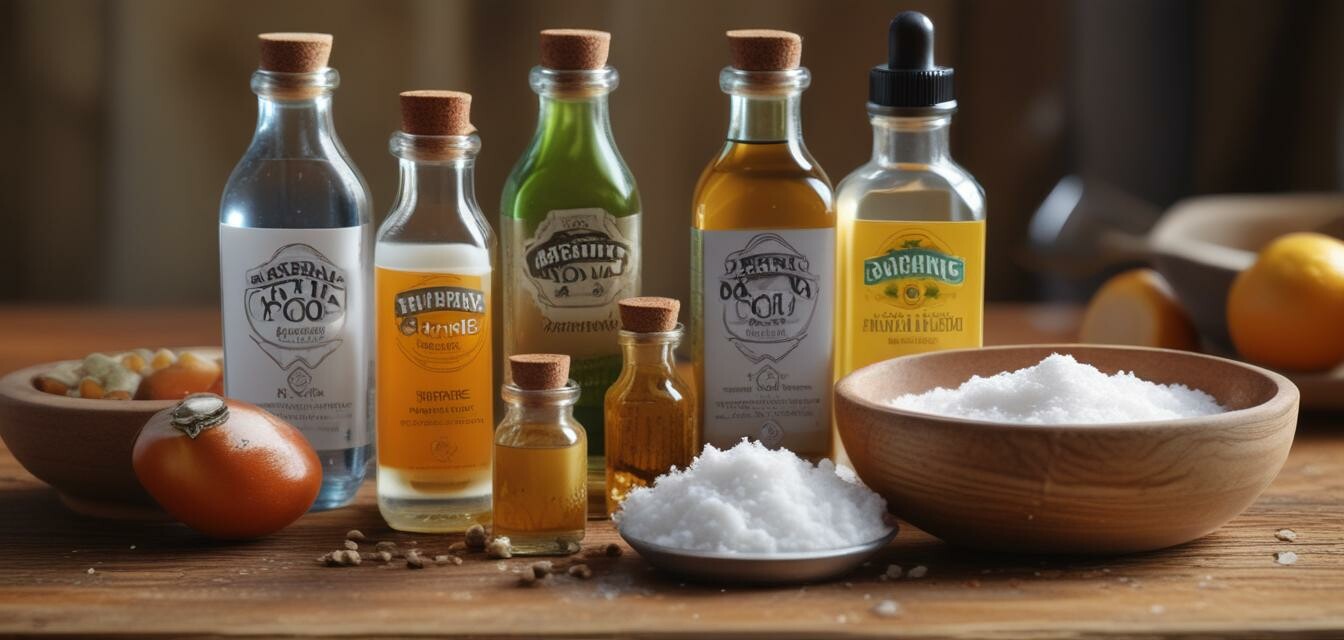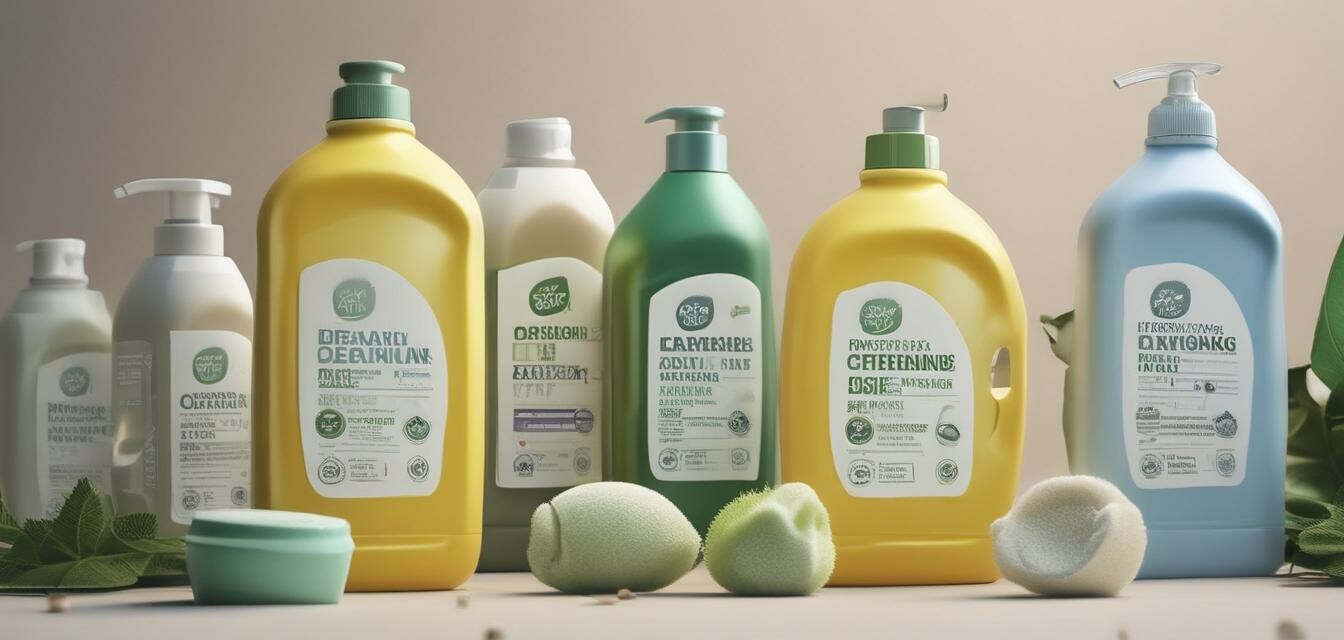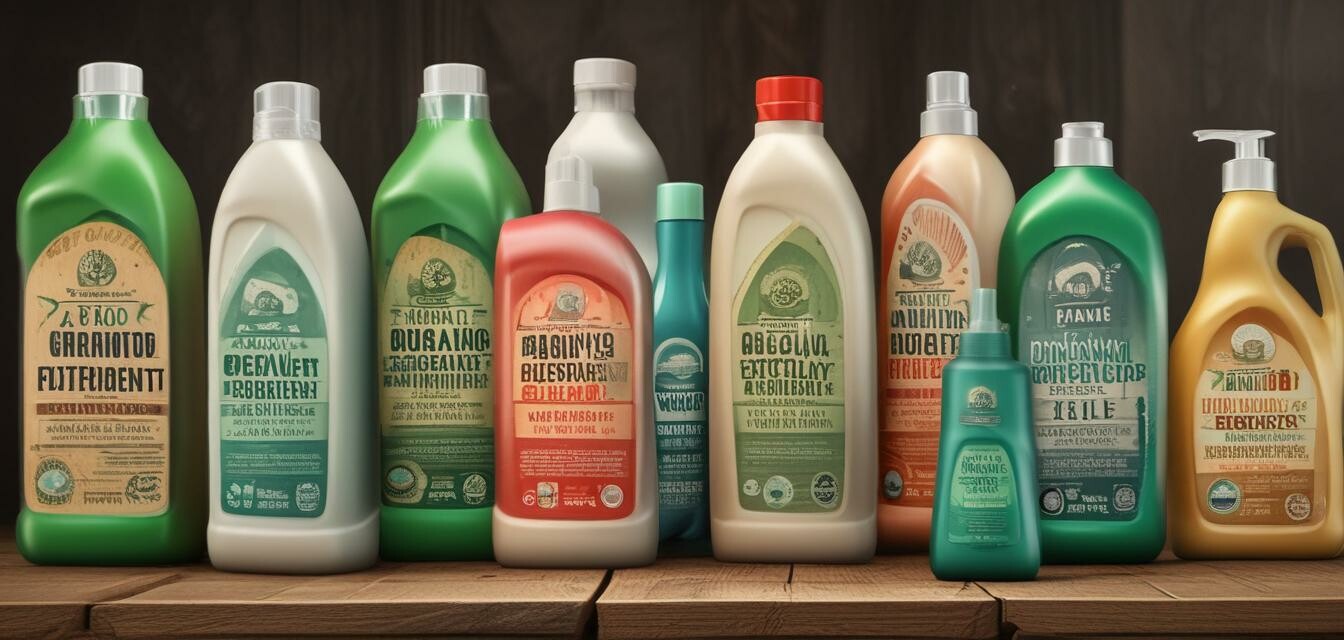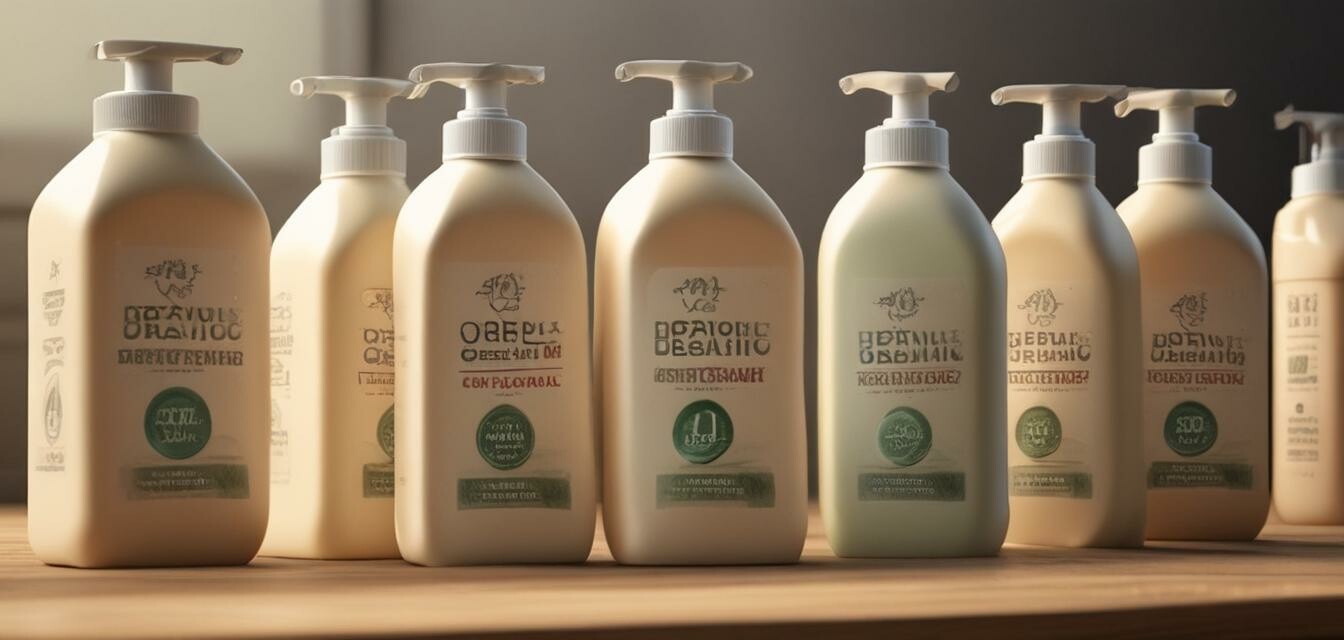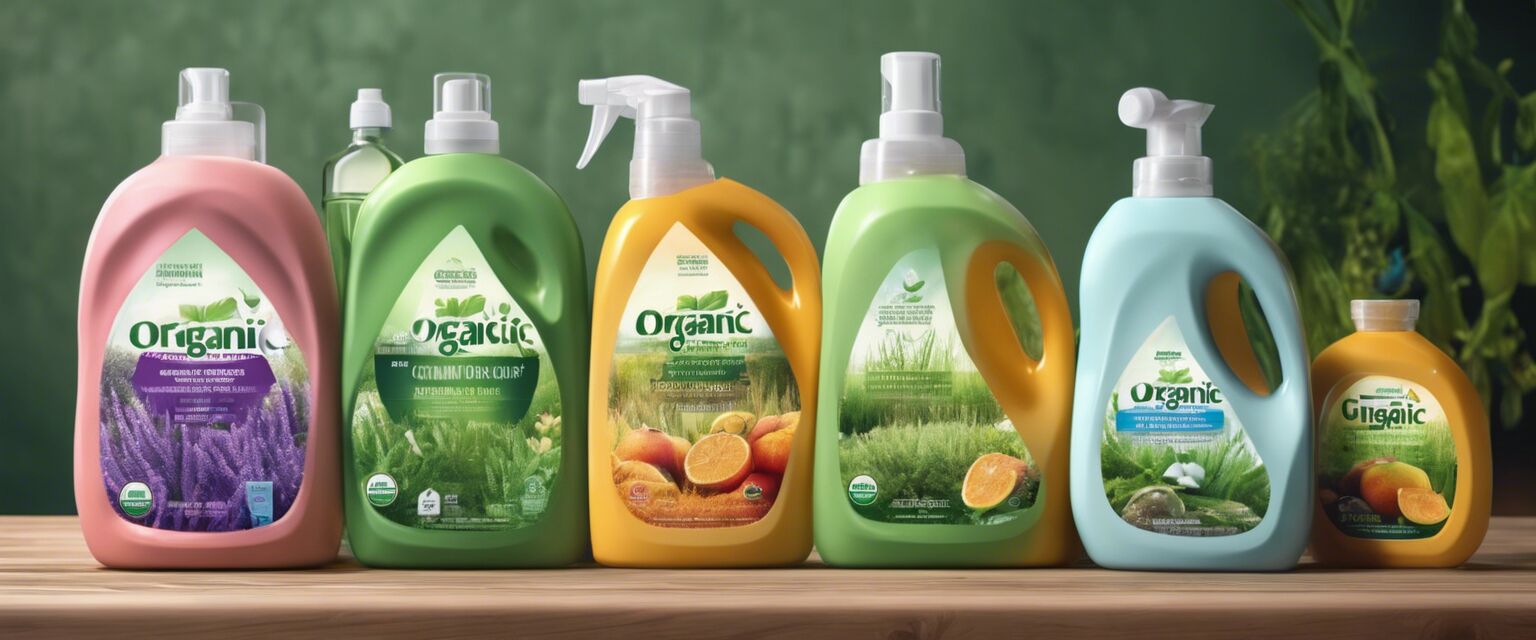
Safety and Certifications
Key Takeaways
- Understanding safety standards is crucial when choosing organic detergents.
- Look for certifications that indicate environmental and health safety.
- Common certifications include USDA Organic, EcoCert, and Safer Choice.
- Researching ingredients can help ensure product safety.
When it comes to buying organic detergents, safety and certifications are paramount. With a growing awareness of the potential health impacts of household products, consumers are increasingly seeking out options that are not only effective but also safe for humans and the environment. In this article, we will explore the essential safety standards and certifications to look for when purchasing organic detergents.
Why Safety Matters
Organic detergents are often marketed as being better for health and the environment. However, not all products labeled as "organic" meet the same safety standards. It's important to ensure that the products you choose are certified and adhere to safety regulations.
Common Safety Standards
Below is a table summarizing common safety standards relevant to organic detergents:
| Standard | Description |
|---|---|
| USDA Organic | Indicates that the product is made with at least 95% organic ingredients and meets strict agricultural standards. |
| EcoCert | A certification that ensures products are environmentally friendly and made from sustainable sources. |
| Safer Choice | Identifies products that are safer for families and the environment, ensuring they meet stringent criteria. |
| Green Seal | A certification that assesses the environmental impact of products, ensuring they meet high standards for sustainability. |
Types of Certifications to Look For
When shopping for organic detergents, it's crucial to look for specific certifications that can guarantee product safety and efficacy. Here are some of the most recognized certifications:
- USDA Organic: Ensures that at least 95% of the ingredients are organic.
- EcoCert: Focuses on organic and natural cosmetic and detergent formulations.
- Safer Choice: Certifies that products meet safety criteria set by the EPA.
- Green Seal: Indicates that the product meets rigorous environmental standards.
- Cradle to Cradle: Assesses a product's lifecycle impact on human health and the environment.
How Certifications Help You
Certifications provide assurance that a product has been tested and meets specific environmental and safety criteria. This helps consumers make informed choices and avoid harmful chemicals.
Pros
- Confidence in product safety and environmental impact.
- Helps support sustainable practices.
- Reduces risk of exposure to harmful chemicals.
Cons
- Higher cost compared to non-certified products.
- Limited availability in some regions.
Researching Ingredients
Aside from certifications, it's essential to research the ingredients used in organic detergents. Here are some tips for ingredient research:
Beginner's Tips
- Check the ingredient list for natural components.
- Avoid products with synthetic fragrances and dyes.
- Look for plant-based surfactants that are gentle on skin.
- Research the brand’s commitment to sustainability.
Where to Find Certified Organic Detergents
Certified organic detergents can be found in various places, including:
- All-Purpose Cleaners
- Bathroom Cleaners
- Dishwashing Liquids
- Floor Cleaners
- Glass Cleaners
- Laundry Detergents
Conclusion
Choosing organic detergents with the right safety standards and certifications is essential for ensuring the health of your family and the environment. By being informed and researching the products you buy, you can contribute to a safer and more sustainable future.
